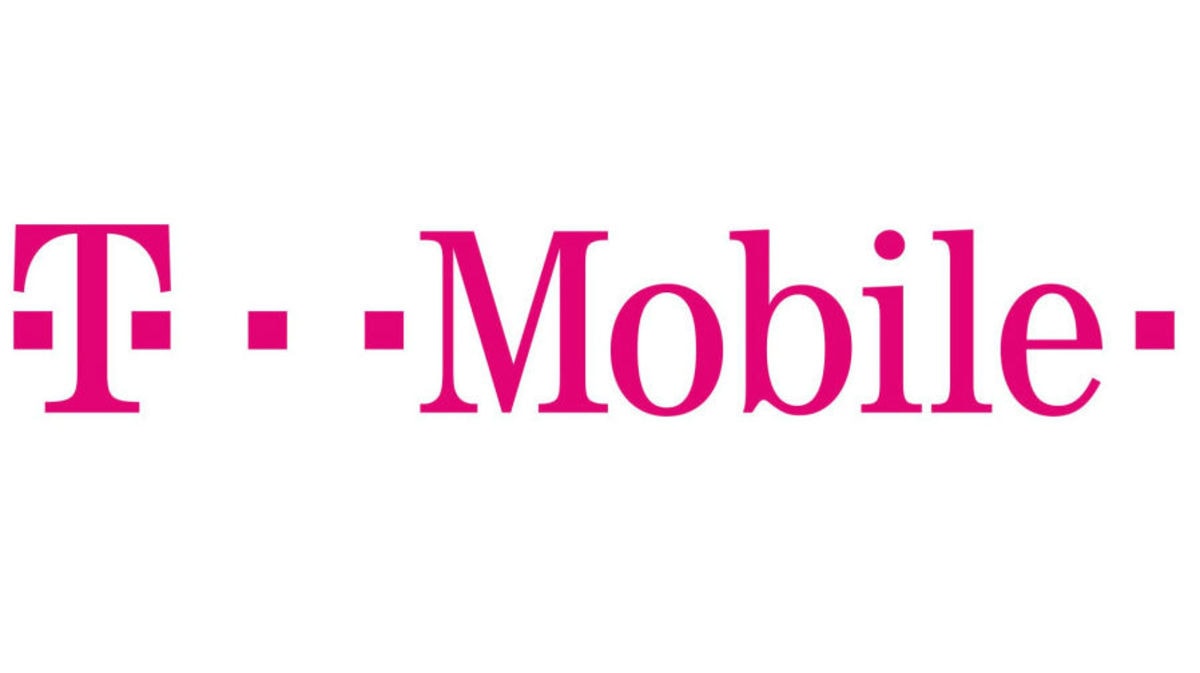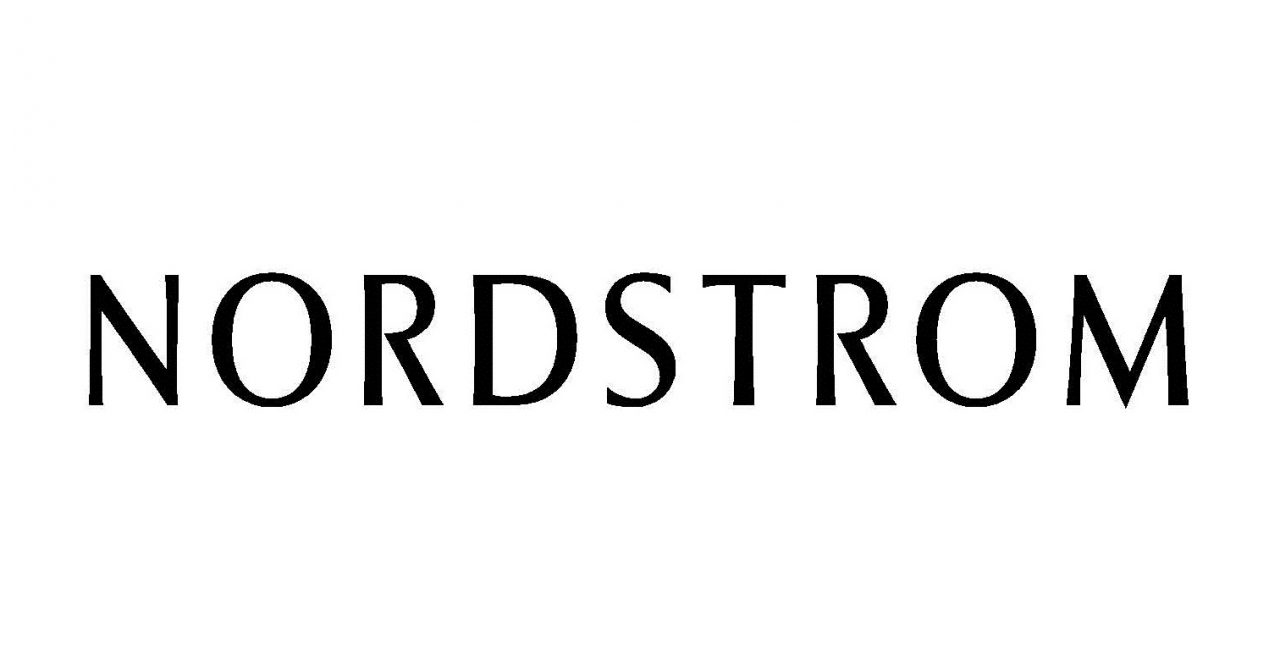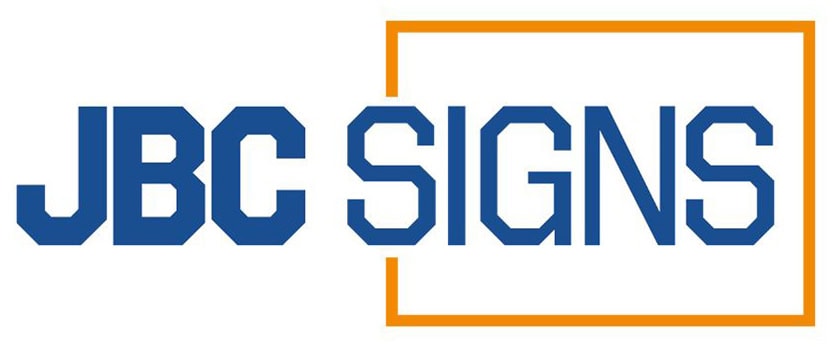Key Takeaways
- Glass barriers act as protective shields that block airborne particles, significantly reducing the risk of illness transmission in the workplace.
- These barriers promote safe distance while maintaining visibility, allowing for clear communication among employees and clients.
- Glass shields are easy to clean and disinfect, ensuring a hygienic environment that helps prevent the spread of germs.
- Their versatility allows for installation in various office areas, including reception desks, open workspaces, and meeting rooms, enhancing overall safety.
- Customizable designs of glass barriers allow businesses to maintain their office aesthetics while ensuring health and safety are prioritized.
Creating a safe and healthy workplace from the spread viruses is more important than ever. Business owners are increasingly concerned about maintaining a clean and illness-free environment, especially after the challenges posed by the COVID-19 pandemic.
Glass barriers have emerged as a simple yet effective solution for minimizing the spread of illness in offices.
These barriers protect while still maintaining a professional and modern office layout. But how do glass barriers prevent the spread of illness, and why should they be a priority in your workplace? Let’s find out.
Understanding Glass Barriers and Their Health Benefits
Glass barriers, also known as protective shields, are clear, durable panels designed to create physical separation between individuals. These transparent shields are commonly used in reception areas, open workspaces, and customer service desks.
They prevent the direct transmission of airborne particles, such as droplets from sneezing, coughing, or talking, which are the primary means through which illnesses like the flu or COVID-19 spread. By acting as a physical barrier, glass shields significantly reduce the risk of cross-contamination in office spaces, especially in high-traffic areas.
Their ability to offer protection makes glass barriers stand out without making the office feel closed off or restricted. Unlike opaque partitions, glass shields maintain an open feel and allow visibility, ensuring communication and collaboration can still occur safely.
Key Benefits of Glass Barriers for Illness Prevention
Integrating glass barriers into your workplace offers numerous health-related benefits beyond simple physical separation. Here are some key reasons why these barriers are essential for preventing the spread of illness:
- Prevention of Airborne Illnesses: Glass shields create a protective layer between employees and visitors, blocking respiratory droplets that may carry illnesses. This reduces the risk of infections spreading, especially in crowded or high-contact areas such as reception desks and meeting rooms.
- Maintaining Safe Distances: While social distancing remains crucial in preventing the spread of illness, glass barriers provide an added layer of security in settings where maintaining physical distance may be challenging. Whether at a shared workstation or across a conference table, the barriers act as a reliable safeguard.
- Enhanced Hygiene: Glass is easy to clean and disinfect, which is vital in maintaining a healthy workplace. Frequent cleaning of these shields ensures that surfaces remain free from bacteria and viruses, further contributing to illness prevention. This durability and low maintenance make glass an ideal material for busy workplaces that prioritize cleanliness.
- Protection Without Isolation: One of the unique advantages of glass barriers is that they prevent illness without creating a sense of isolation. Employees can see and communicate with each other easily, and clients can interact with staff in a safe, open environment. This is especially important in industries where customer trust and communication are critical, such as finance, retail, and healthcare.
Practical Applications of Glass Barriers for Health and Safety
Glass barriers can be used in a variety of office spaces to help reduce the spread of illness. Their versatility makes them a practical addition to many workplaces concerned with hygiene and health. Below are some common applications:
- Reception and Customer Service Areas: Front-facing employees interact with numerous clients and visitors, making these areas particularly vulnerable to the transmission of airborne illnesses. Installing shield guards at reception desks or customer service counters helps protect staff while maintaining essential communication.
- Open-Plan Offices: Many workplaces feature open floor plans that encourage collaboration, but this setup can lead to the rapid spread of illness. Desk partitions made from glass shields offer a solution by creating individual workspaces while still allowing employees to see and speak to one another safely.
- Meeting Rooms: Even in small conference rooms, it’s possible to reduce the risk of illness transmission by using glass partitions. These barriers allow team members to meet in person without compromising their health, ensuring that productive in-person discussions can continue.
- Break Rooms and Cafeterias: Shared spaces like break rooms often pose a high risk for illness transmission due to frequent use. Installing glass barriers between seating areas can help ensure that employees maintain a safe distance while eating or resting.
By installing glass barriers in these key areas, business owners can significantly reduce the spread of airborne diseases, creating a healthier and more secure work environment.
Installation and Application of Glass Barriers
Installing glass barriers in the workplace is a simple process, and they can be customized to fit the specific needs of your office. Here are some options to consider:
- Freestanding Barriers: These portable shields can be placed on desks, countertops, or between workstations. They’re ideal for businesses looking for flexibility, as they can be easily moved or rearranged based on office needs.
- Fixed Partitions: For a more permanent solution, glass partitions can be installed between desks or in common areas. These fixed barriers are ideal for creating long-lasting protection, especially in areas with heavy traffic or high interaction levels.
- Hanging Glass Panels: In environments where floor space is limited, hanging glass panels can be suspended from ceilings or mounted to walls to act as a shield. This solution works well in service environments where face-to-face interactions are necessary.
- Customizable Designs: Many businesses prefer custom glass shields that are designed to fit their specific workspace. This could mean adding frosted glass for privacy or curved edges to suit a particular office design. Customizable options ensure that safety doesn’t compromise the aesthetics of the office.
Once installed, maintaining glass barriers is easy. Regular cleaning with disinfectant wipes or sprays keeps them free from germs, contributing to overall office hygiene. These barriers blend seamlessly into office layouts, protecting without creating visual obstructions.
Safeguard Your Workplace with Glass Barriers
Now is the time to protect your employees, clients, and visitors by investing in glass barriers for your workplace.
These protective shields not only help prevent the spread of illness but also maintain the open, communicative atmosphere that businesses need to thrive. Whether you’re looking to improve safety in high-contact areas or simply want to reduce the risk of illness transmission, glass barriers offer a practical and professional solution. Reach out to us at Display and Holders and take the next step toward a healthier, more secure workplace today.














